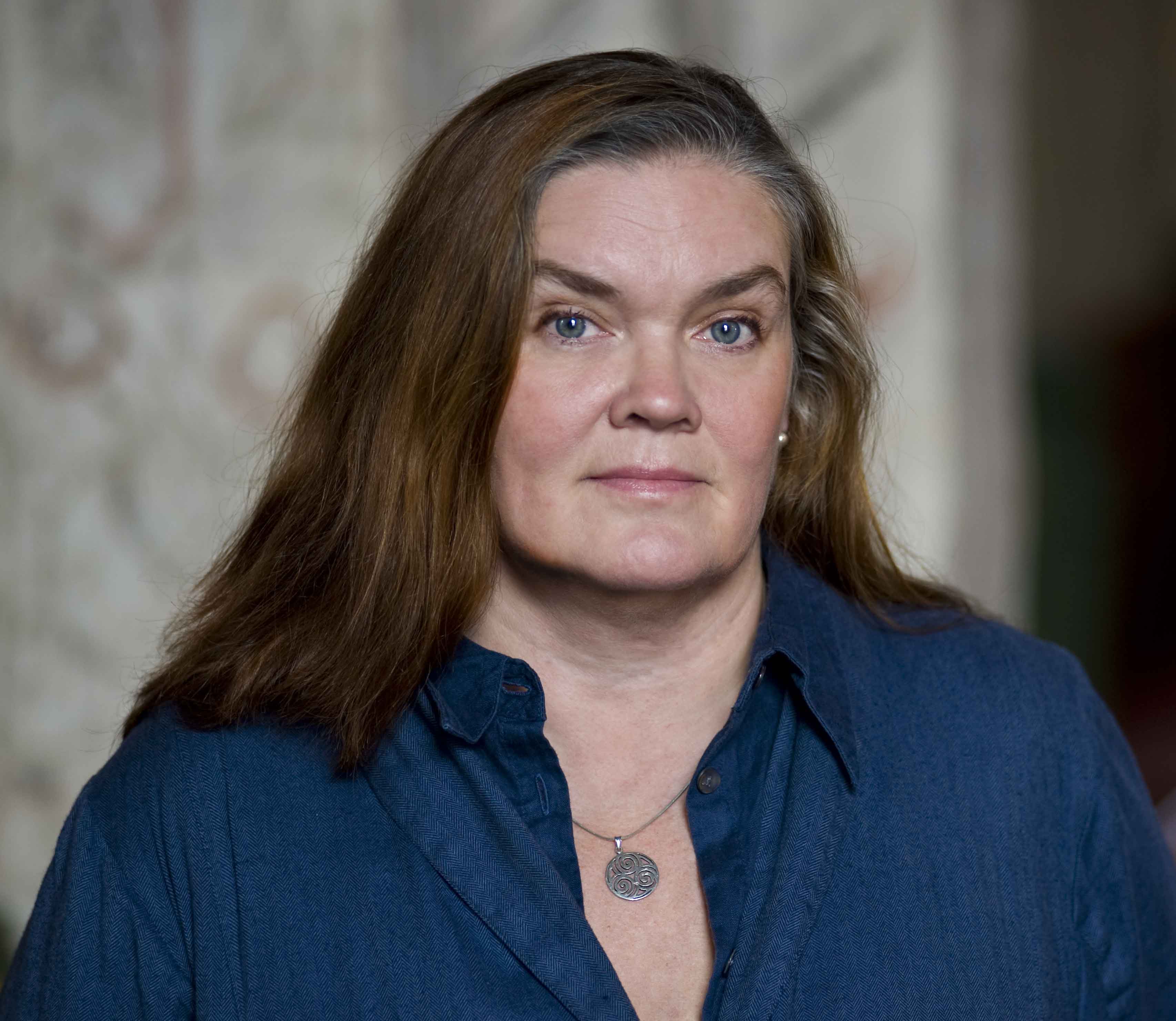Maja Hagerman on:
[Wikipedia]
[Google]
[Amazon]
 Maja Anna Maria Hagerman (born 3 February 1960) is a
Maja Anna Maria Hagerman (born 3 February 1960) is a
Official website
{{DEFAULTSORT:Hagerman, Maja 1960 births Living people Swedish women writers
 Maja Anna Maria Hagerman (born 3 February 1960) is a
Maja Anna Maria Hagerman (born 3 February 1960) is a Swedish
Swedish or ' may refer to:
Anything from or related to Sweden, a country in Northern Europe. Or, specifically:
* Swedish language, a North Germanic language spoken primarily in Sweden and Finland
** Swedish alphabet, the official alphabet used by ...
author, journalist and filmmaker. As senior lecturer in arts she teaches historical documentary filmmaking at Dalarna university.
Hagerman has published six books on Swedish history, early medieval
In the history of Europe, the Middle Ages or medieval period lasted approximately from the late 5th to the late 15th centuries, similar to the Post-classical, post-classical period of World history (field), global history. It began with t ...
and prehistoric
Prehistory, also known as pre-literary history, is the period of human history between the use of the first stone tools by hominins 3.3 million years ago and the beginning of recorded history with the invention of writing systems. The use of ...
times as well as modern history and essays on cultural heritage and memory. She has made several historical documentaries for Sveriges Television
Sveriges Television AB ("Sweden's Television Stock Company"), shortened to SVT (), is the Sweden, Swedish national public broadcasting, public television broadcaster, funded by a public service tax on personal income set by the Riksdag (national ...
. She is an honorary doctor at the Faculty of History and Philosophy at Uppsala University
Uppsala University ( sv, Uppsala universitet) is a public university, public research university in Uppsala, Sweden. Founded in 1477, it is the List of universities in Sweden, oldest university in Sweden and the Nordic countries still in opera ...
, promoted in 2012.
Hagerman made her debut with the book ''Spåren av kungens män. Om när Sverige blev ett kristet rike'', on the making of the Swedish kingdom and its conversion to Christianity. The book won the August prize for non-fiction in 1996.
In September 2015, Hagerman released the book ''Käraste Herman. Rasbiolog Herman Lundborgs gåta'', on the physician and professor Herman Lundborg
Herman Bernhard Lundborg (April 7, 1868 in Väse in Värmland, Sweden – May 9, 1943 in Östhammar in Uppland, Sweden) was a Swedish physician and a race biologist.
Biography
He graduated in medicine at the Karolinska Institutet in 1895, and re ...
. He headed the world's first state racial biology institute in Uppsala, Sweden
Uppsala (, or all ending in , ; archaically spelled ''Upsala'') is the county seat of Uppsala County and the List of urban areas in Sweden by population, fourth-largest city in Sweden, after Stockholm, Gothenburg, and Malmö. It had 177,074 inha ...
, from 1922 to 1935, and was internationally known for his research, especially among German-speaking supporters of racial hygiene
The term racial hygiene was used to describe an approach to eugenics in the early 20th century, which found its most extensive implementation in Nazi Germany (Nazi eugenics). It was marked by efforts to avoid miscegenation, analogous to an animal ...
. Like many of his German colleagues, Lundborg supported the Nazis. Lundborg was obsessed by the threat of racial mixing between Sámi
The Sámi ( ; also spelled Sami or Saami) are a Finno-Ugric-speaking people inhabiting the region of Sápmi (formerly known as Lapland), which today encompasses large northern parts of Norway, Sweden, Finland, and of the Murmansk Oblast, Rus ...
, Finns
Finns or Finnish people ( fi, suomalaiset, ) are a Baltic Finnic ethnic group native to Finland.
Finns are traditionally divided into smaller regional groups that span several countries adjacent to Finland, both those who are native to these ...
and Swedes
Swedes ( sv, svenskar) are a North Germanic ethnic group native to the Nordic region, primarily their nation state of Sweden, who share a common ancestry, culture, history and language. They mostly inhabit Sweden and the other Nordic countr ...
. On his travels in Northern Scandinavia, he began a relationship with a woman of Finnish-Sámi descent and eventually had a child with her.
''Käraste Herman. Rasbiologen Herman Lundborgs gåta'' was nominated for the August prize for best non-fiction of the year in Sweden and also awarded by the Swedish Academy. It is published in German ''Herman Lundborg. Rätsel eines Rassenbiologen,'' translated by Krister Hanne.
Together with Claes Gabrielson, Hagerman made a documentary on Lundborg, ''Hur gör man för att rädda ett folk?'', that was broadcast on Sveriges Television in January 2015. There is also an English version of the film ''What Measures to Save a People? A film about Herman Lundborg, head of the Swedish State Institute for Race Biology''.
References
External links
Official website
{{DEFAULTSORT:Hagerman, Maja 1960 births Living people Swedish women writers